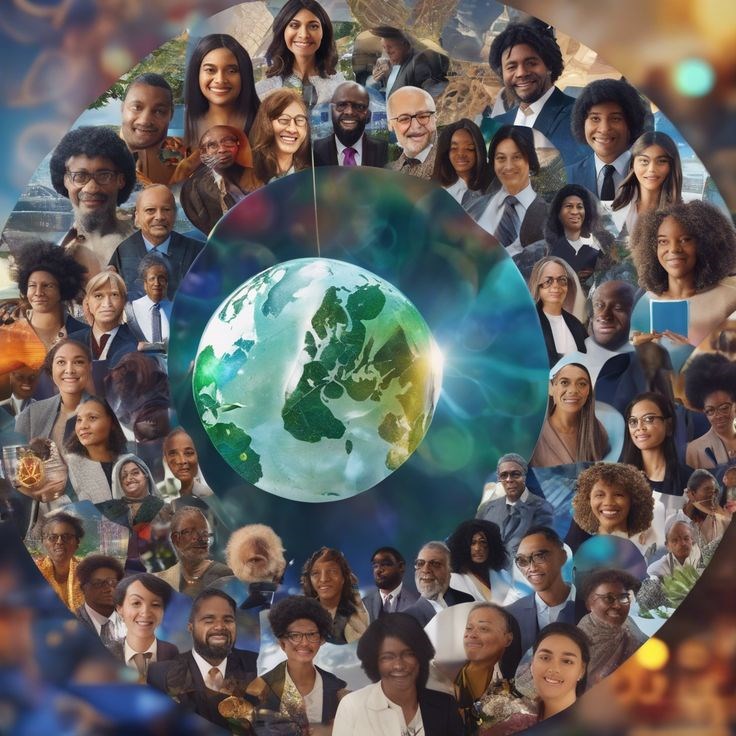Governments undemocratic across the world are combating economic imbalance via policy change, investment, and cooperation during the shifting political economy. The global financial crisis in line with COVID 19, geopolitical and technological factors have deepened the existing disparities in the global economy, forcing governments to come up with new measures. Dedicated policies on wealth taxation to social welfare programs, leaders are grappling with different systems in order to achieve better means of existence.
Governments across the globe are enforcing progressive taxes and corporate laws to address excessive accumulation of wealth. As a result of raising taxes for the upper echelon and closing loopholes, leaders want to make an attempt at equality in income distribution. Also, a human rights resume checks for the sound labor relation and wage laws to guarantee that the workforce is paid fairly, songs of which has been hampered by automation and globalization.
Education and development of human capital, through proper investment in personnel, are among the priorities. Managers are investing in training and development programmes, so employees are relevant in the existing workplaces. Education and vocational training are key goals of the governments in order to reduce the educational attainment gap, provide opportunities for the disadvantaged sectors of the population to have a better employment status as well as a way to boost long term economic development.

Thus, social protection and Universal Basic Income are being considered solutions for the future. They are increasing expenditures on various benefits such as unemployment benefits, healthcare, and policies that ensure food security. It is used by some countries to offer financial security, especially as a result of the new companies pushed by artificial intelligence and the digital world disrupting jobs.
Hoping that international cooperation withers away is not a feasible approach towards eradicating economic injustice. Many international organizations such as the United Nations and the International Monetary Fund contribute to the formulation of development policies that accommodate all. International trade, reduction of debts which developing countries have to pay, and tax systems in the global world ensure the provision of a leveled economic environment. Given the developments in the global society, leaders cannot afford to sit and wait for anything to happen especially when there is inequity.
Conclusion
Reducing and managing economic inequality in the face of globalization requires continued leadership engagement globally. Hence progressive taxation, education investment, social protection for the citizens, and international cooperation are some of the key policies. When there is change in the economic environments, countries are therefore in a position to formulate good policies and cooperate internationally and this will either lead to a more positive change or otherwise that increases the gaps. The heads of the States have to take the necessary measures towards establishing justice and stability of the new world economy.